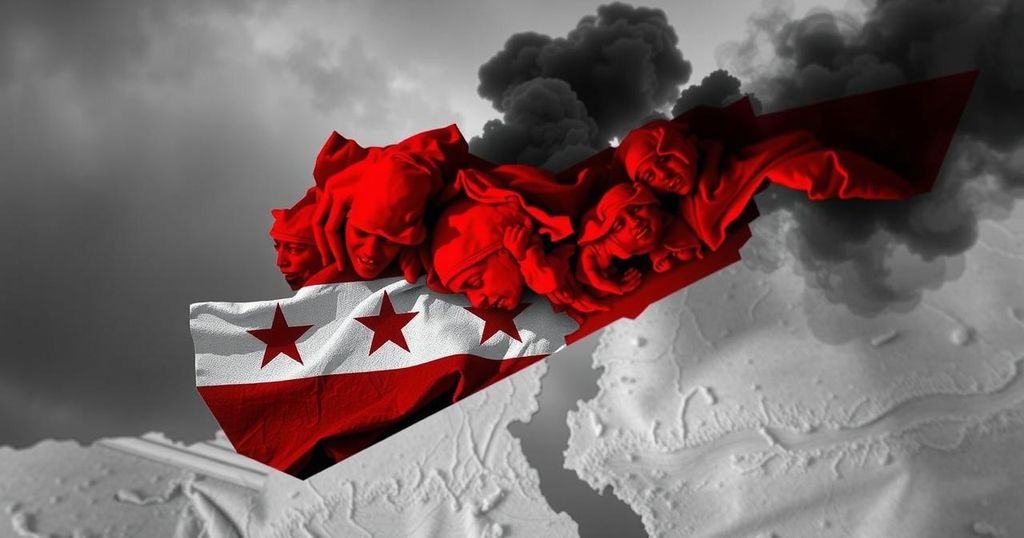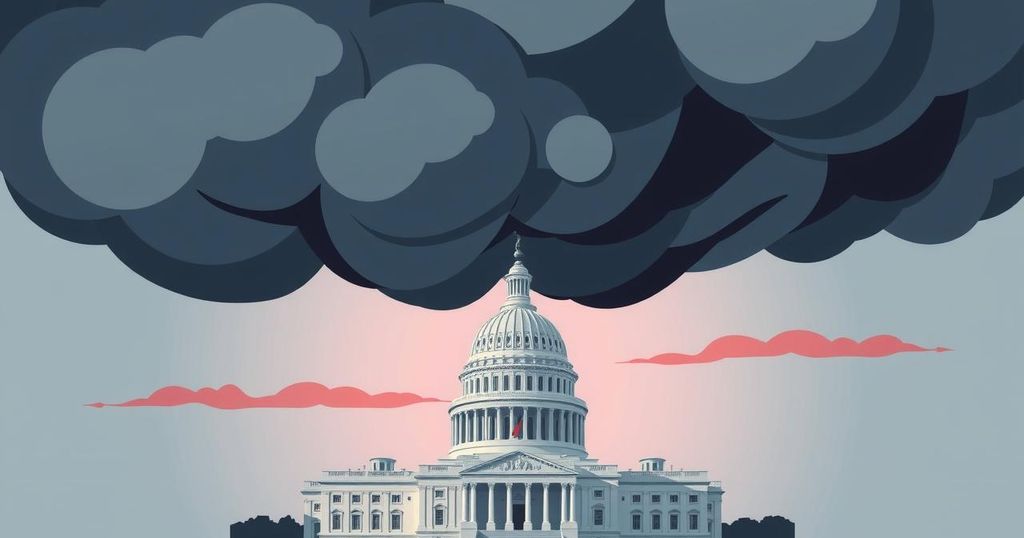Syria’s Revolution: Echoes of the Arab Spring and Future Uncertainties
The Arab Spring in 2011 led to widespread uprisings across the Middle East, including Syria’s bid to overthrow President al-Assad, which ultimately resulted in a 13-year civil war. While the possibility of al-Assad’s downfall sparks hope among Syrians, the historical outcomes in other nations serve as a cautionary reminder against the challenges of achieving lasting democratic governance.
The year 2011 marked a significant period of upheaval in the Middle East, known as the Arab Spring, when widespread protests sought to unseat authoritarian rulers. In Syria, however, the attempt to overthrow President Bashar al-Assad devolved into a prolonged civil war that lasted over a decade, resulting in devastating consequences such as mass casualties and widespread displacement. As the prospect of al-Assad’s regime ending becomes more tangible, Syrian citizens experience a glimmer of hope reminiscent of the rapid changes seen in Egypt, Libya, Tunisia, and Yemen, countries that initially witnessed successful uprisings. Nonetheless, the outcomes in these nations serve as a cautionary tale, as they have faced varying degrees of instability, with some succumbing to renewed authoritarianism or fragmented governance. Alistair Burt, a former British official, highlighted the need for survivors of the Syrian conflict to celebrate their potential victory before contemplating the uncertainties that lie ahead.
The Arab Spring initiated in 2011 was a wave of protests across the Middle East, rooted in a desire for democracy and freedom from oppressive governance. Countries like Egypt and Tunisia experienced swift transitions, which, while initially promising, later reverted to autocratic rule. Conversely, nations such as Libya and Yemen descended into chaos as civil wars erupted, underscoring the unpredictable nature of revolutionary outcomes. Syria’s struggle has been distinctively protracted and devastating, leading to complex geopolitical repercussions and human rights crises.
The unfolding situation in Syria presents a pivotal moment for its populace, who are eager for a change reminiscent of earlier regional uprisings. However, the experiences of other Arab nations serve as a reminder of the potential pitfalls associated with regime change. Syrian citizens must balance their hope for a brighter future against the lessons learned from neighboring countries that have grappled with authoritarianism and civil discord. The path ahead is fraught with complexity, yet the recent developments may offer an opportunity for renewed aspirations of democracy and stability.
Original Source: www.nytimes.com




Post Comment